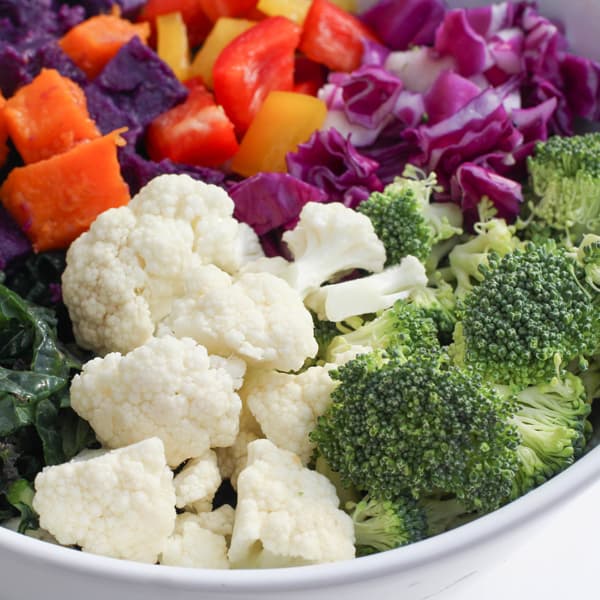Topic summary contributed by volunteer(s): Randy
Dietary and environmental factors (such as asbestos exposure or consumption of alkylphenols) may play a role in the prevalence of lung disease. Some foods we may want to avoid to protect our lungs include processed meat, the artificial butter flavoring diacetyl (which has been linked to serious lung disease in microwave popcorn consumers), foods cooked using high temperature cooking methods, and even the fumes generated by frying meat may raise the risk of respiratory diseases.
A whole-food, plant-based diet may help prevent and treat COPD, and help prevent asthma and improve lung function in asthma patients. Supplements, however, do not seem to work. Consuming less methionine (found in animal products) may lower lung cancer risk, and amla, also known as Indian gooseberries, may reduce lung cancer cell growth in vitro.
For substantiation of any statements of fact from the peer-reviewed medical literature, please see the associated videos below.








































